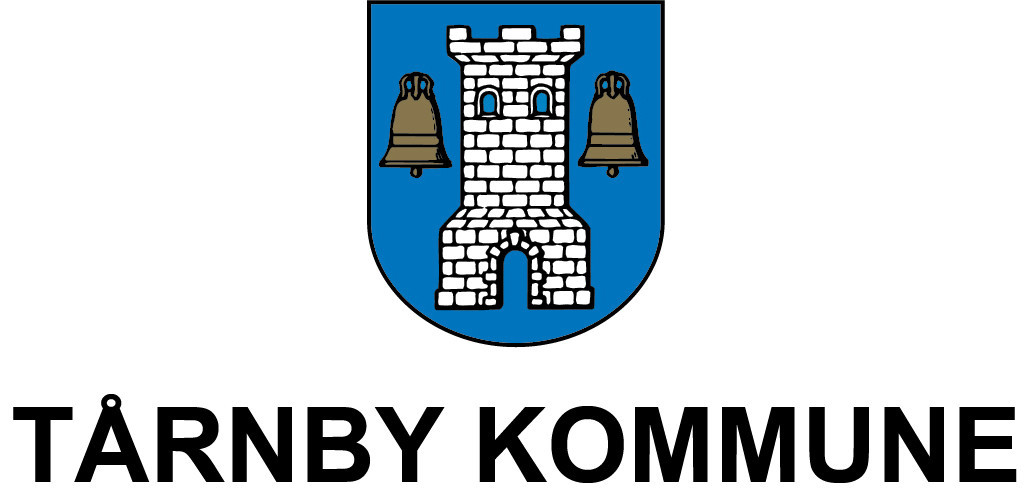Spørgsmål: Øresund vs Economic employer, Jämkning needed?
A Danish company have a group of employees working for us in DK, but living in Sweden (both Danes, Swedes and third country nationals). These employees should be covered by the Øresund rules (still pending approval) and thus 100% taxable of salary in DK as they spend more than 50% of time in DK, however with the economic employer rules, we wonder how we should proceed in SE in this regard? Are registration as a company really needed in Sweden as taxes are not due in Sweden according to the Øresundrules? What is the best approach?
Svar
The Öresund Agreement allows for employees hired by a Danish employer to work in Sweden to some extent under certain circumstance. Under the Öresund agreement, these Swedish workdays will be deemed carried out in Denmark. If the Öresund agreement actually is applicable for a specific individual is only certain when the individual has submitted the Swedish and the Danish tax return and received the confirming tax assessments.
The new Swedish rule means that a foreign company shall withhold tax on salary/benefits that an employee earns while working in Sweden.
As an employer the best approach is probably to check if the Öresund agreement is applicable for all employees and then obtain adjusted withholding decisions. If adjusted withholding decisions are obtained for all, it is said that an employer registration is not necessary.
One may ask the Tax Agencies in Denmark and Sweden if NT-decision (issued under the trekk agreement) is sufficient. These decisions tell that tax withholding is only made in Denmark or only in Sweden.
For employees that will not have the possibility to use the Öresund agreement, for example because they work more than 50 % from home in Sweden in the relevant period, an employer registration in Sweden should be made. Adjusted withholding decisions in Sweden and Denmark will guide on the withholding to be made in each country. An alternative to explore and discuss with the Tax Agencies in both Sweden and Denmark is if an NT decision can be obtained also in these cases guiding towards only a Danish withholding and that tax is transferred to Sweden when the employee submits the annual tax return. Should the latter approach be chosen, it will be of importance that the employees subjected to this model agrees with it. I am not sure they will.
When a Danish company has employees that work partially in Sweden, another question that should be looked into is if the employees’ work is of such extent and character that a permanent establishment arise (ie if the Danish company becomes liable to tax in Sweden).











